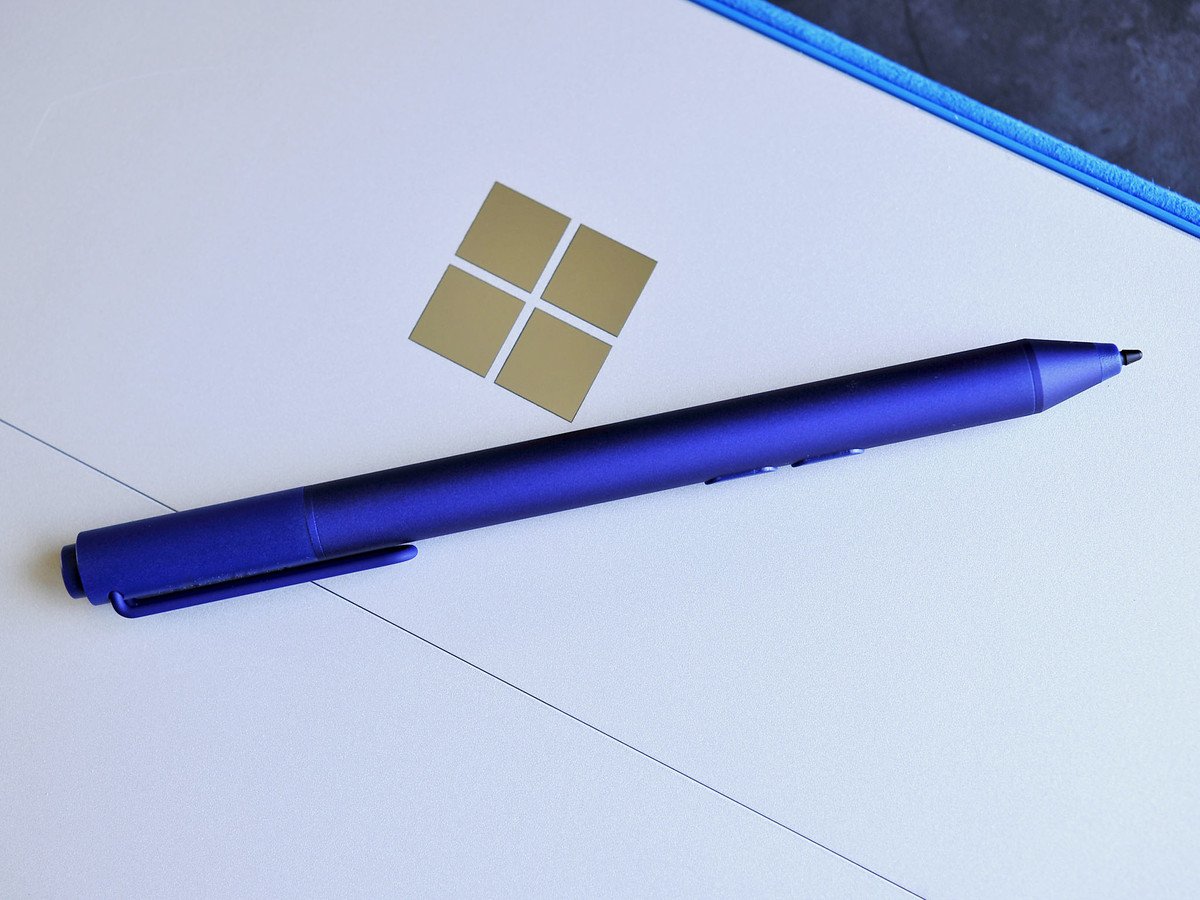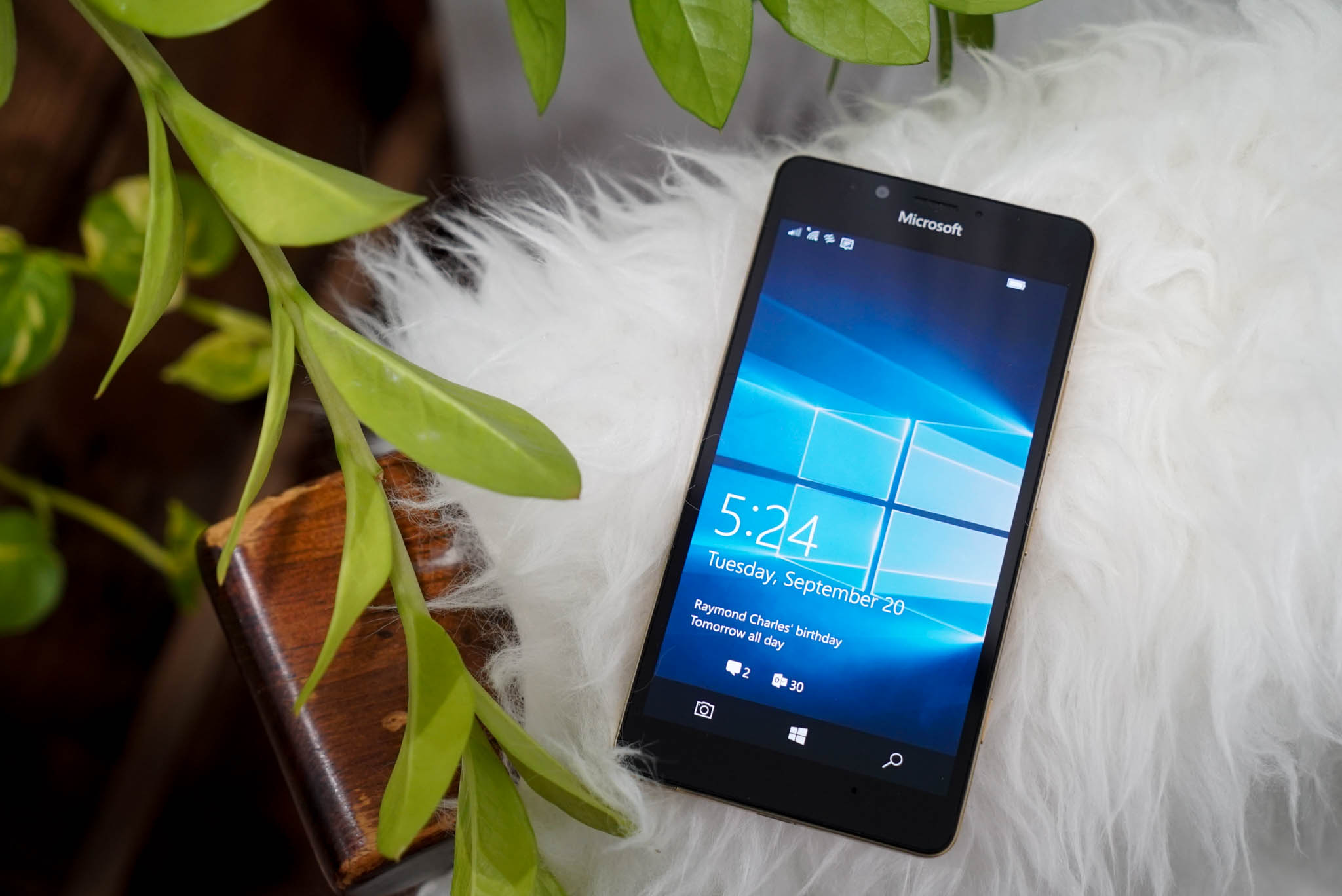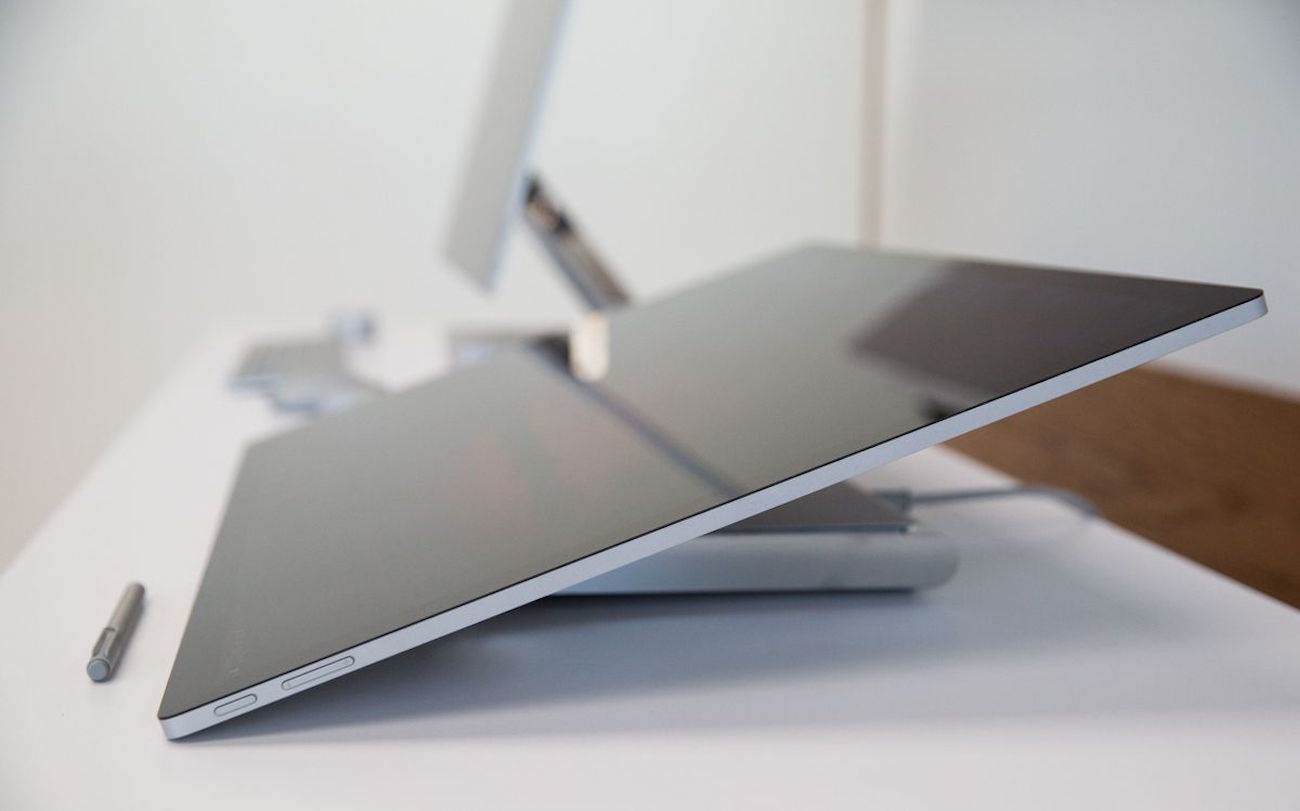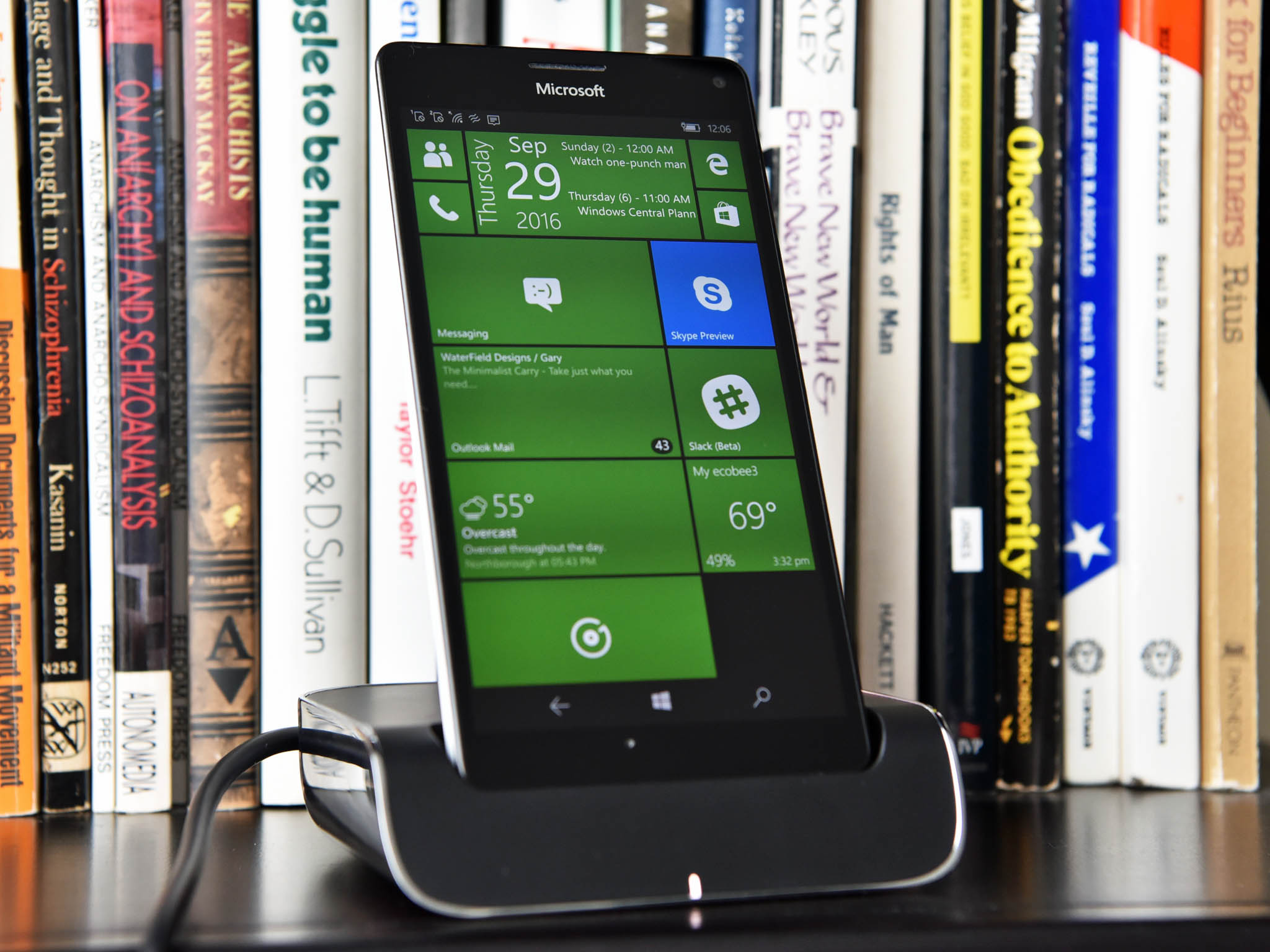Should a Surface phone be called the Surface "Phone"?

Microsoft recently announced that they have no plans on getting back into the mobile hardware business anytime soon, as it's just not logical or viable with the likes of Android and iOS being so far ahead. Instead, the company is waiting on some kind of "paradigm shift" in the mobile market that would enable them to compete again, but until that happens it is super unlikely we'll be getting any new "Windows 10 Mobile" hardware.
That doesn't mean Microsoft isn't working on something, however. We've known for several months now that Panos Panay and his team are working on some kind of Surface "Phone" which will basically be a much smaller Surface running Windows 10 Mobile that can make phone calls. With that in mind, we already know that unless a paradigm shift does happen, releasing a Surface "Phone" would make no logical sense, as it'd just fall face first right out of the gate as the mobile market simply won't accept Windows 10 Mobile.
That's right now, but with this "paradigm shift", Microsoft is betting that people will start accepting Windows on their smartphones, but how, exactly? Well, it definitely isn't going to happen the way things are currently going; with iOS and Android towering way above Windows 10 Mobile, this is a fight Microsoft simply can't win. What it can do however, is attempt to change the way we think about smartphones, forever.
In the 1970s, 80s and 90s, smartphones weren't really a thing. We simply had "mobile phones", which were kind of like the landline phones you had at home, except they weren't tethered to the wall by a wire. These mobile phones came in all shapes and sizes, and varied in features over time. At first, they were pretty basic, only being able to make phone calls, which funnily enough is why we called them mobile "phones".

At some point, over several years, these phones gained more and more features, and eventually we stopped calling them mobile phones and started calling them "smartphones". Many phone manufacturers tried building smartphones, but it wasn't until Apple unveiled the iPhone that consumers finally took notice of the concept and what a "smartphone" could actually be.
The first iPhone in 2007 paved and shaped the way we think and use smartphones today. All smartphones are pretty similar in design, and that's all thanks to Apple. But at the time, our mobile phones were still primarily phones, which is why the term "smartphone" made sense.
But, and let's be honest with ourselves here, most of us aren't buying smartphones for the 'phone' bit anymore. We haven't been for years. Most of us don't actually buy smartphones because they can make phone calls — no, we're buying them for the apps, the mobile internet access, the streaming music and videos, the messaging and email, and perhaps for the ability to get a little bit of work done here and there.
Get the Windows Central Newsletter
All the latest news, reviews, and guides for Windows and Xbox diehards.
Of course, we still use the phone part sometimes, I'm not saying we don't, but a lot of us definitely don't buy smartphones because they're a phone first and foremost anymore.
If you think about it, that's basically a PC in all matters of the word. Sure, it's not a desktop PC, and smartphones definitely aren't as powerful as full PCs, but that doesn't really matter if these smartphones can do what we expect them to do. We've set for ourselves expectations of what each kind of PC can do, a smartphone, a desktop, a laptop, and a tablet — they're all designed for different things.

Now I'm not saying Microsoft should remove the phone functionality from whatever kind of Surface phone they plan to announce, what I am saying is perhaps we shouldn't exactly be expecting another Windows phone from Microsoft. Instead, we should be expecting something that breaks boundaries and changes the way we think about a certain product, just like how the Surface Pro did with tablets, the Surface Book did with laptops, and the Surface Studio did with PCs.
Of course, we don't know exactly what Microsoft has planned for a Surface phone, but part of the reason we don't already have a Surface phone is because the software, Windows 10 Mobile, isn't ready yet. The Surface team has big plans for a Surface phone, but until Windows 10 Mobile is up to scratch and worthy of being part of the Surface phone story, we have to wait.
Many have been expecting Redstone 2 (The Creators Update) to focus heavily on Windows 10 Mobile features, but that's not how Windows 10 development works anymore. There's no single big bang release with new features, instead this focus is spread out across the next 2-3 years, with each Redstone release bringing more features and changes to Windows 10 and Windows 10 Mobile.
We know Redstone 2 will focus on Continuum improvements for Windows 10 Mobile, bringing the experience up to par with what you'd expect from an actual desktop, and that's likely the first step toward the ultimate vision Microsoft has for a Surface phone. A phone that can be everything, redefining what we expect from your typical smartphone.
I expect more Windows 10 Mobile features and improvement will show up in Redstone 3, scheduled for a late-summer launch, and Redstone 4, currently targeted for launch sometime in 2018. I'd be surprised to see a Surface Phone show up before Redstone 4, as Windows 10 Mobile as it currently stands, is not good enough to ship on what Microsoft has envisioned for the Surface phone.

Things like the Windows Ink Workspace, more Continuum improvements, bringing the operating system up to par with iOS and Android, are all major things that Windows 10 Mobile needs before Microsoft can even think about releasing a Surface phone. And take note, all of these features aren't exactly to do with the phone, they're to do with being productive, creating new experiences and changing the way we think of smartphones.
Perhaps the Surface phone should be called the Surface Note, emphasising Windows Ink, or Surface Go, being a small Surface you can fit in your pocket without losing any of the productivity you'd gain from a laptop or desktop. I'm not saying the Surface phone will be able to replace your dedicated desktop machine, but I am saying we shouldn't be expecting Microsoft to release a simple Surface phone, we should expect them to innovate and change the way we think about smartphones.

